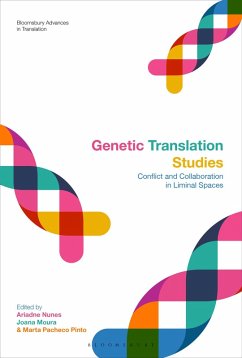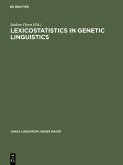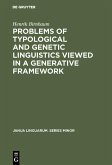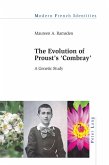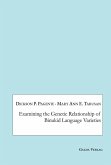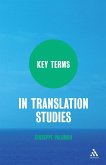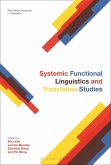Examining the research possibilities, debates and challenges posed by the emerging field of genetic translation studies, this book demonstrates how, both theoretically and empirically, genetic criticism can shed much-needed light on translators' archives, the translator figure and the creative process of translation.
Genetic Translation Studies analyses a diverse range of translation materials including manuscripts, typographical proofs, personal papers, letters, testimonies and interviews in order to give visibility, body and presence to translators. Chapters draw on translations of works by authors such as Saint-John Perse, Nikos Kazantzakis, René Char, António Lobo Antunes and Camilo Castelo Branco, in each case revealing the conflicts and collaborations between translators and other stakeholders, including authors, editors and publishers.
Covering an impressive array of language contexts, from Portuguese, English and French to Greek, Finnish, Polish and Sanskrit, this book demonstrates the value of the genetic turn in translation studies and offers new ways of working with translator correspondences.
Genetic Translation Studies analyses a diverse range of translation materials including manuscripts, typographical proofs, personal papers, letters, testimonies and interviews in order to give visibility, body and presence to translators. Chapters draw on translations of works by authors such as Saint-John Perse, Nikos Kazantzakis, René Char, António Lobo Antunes and Camilo Castelo Branco, in each case revealing the conflicts and collaborations between translators and other stakeholders, including authors, editors and publishers.
Covering an impressive array of language contexts, from Portuguese, English and French to Greek, Finnish, Polish and Sanskrit, this book demonstrates the value of the genetic turn in translation studies and offers new ways of working with translator correspondences.

